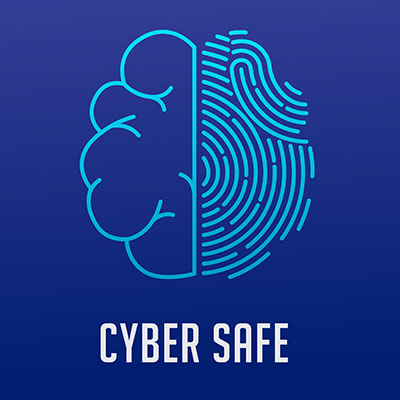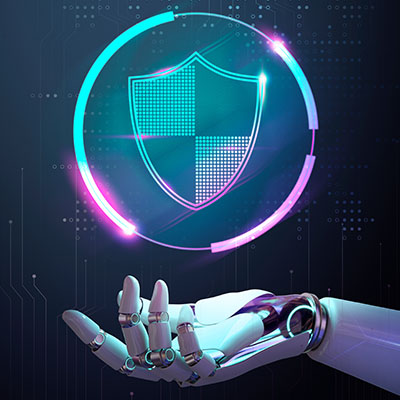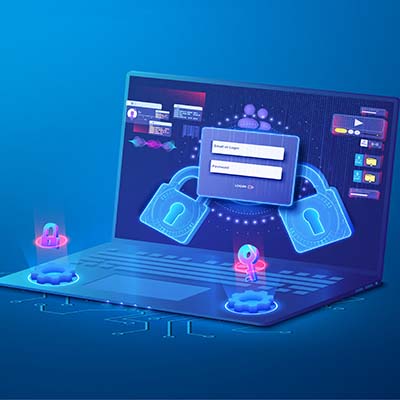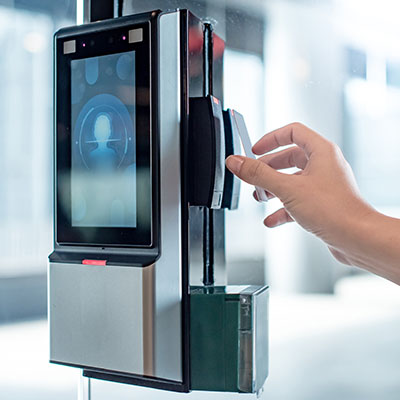Just like any other business that takes some time to get to know a new client, a new type of ransomware can take up to two weeks to map a network before it goes in for the kill. This threat from a group called Zeppelin has the potential to be a major threat actor in the ransomware space.
Cybersecurity, to many, can sound inherently complicated—complicated enough, perhaps, that many may elect to put it off for as long as they can, or even choose to go without it. Even without our obvious bias factoring into our considerations, this is a bad idea. Let’s go over some basic security practices that are simple to enact, but can easily make a world of difference for your security.
We’d be the first to admit that, as much as we’d recommend that you use multi-factor authentication wherever it is available, MFA isn’t perfect. This makes the idea that an improvement to these methods is on the horizon an intriguing one. Let’s discuss what may become the new and improved standard fairly soon.
Did you know that you could be the victim of a data breach without even knowing it? It’s possible, really. If a hacker has managed to infiltrate a website or service that you use without giving up the goat, so to speak, they could have your information and you might not even know about it. Thankfully, there are ways around this, and it all starts by asking that simple question: what if my information was stolen, and what is it being used for?
Using USB drives to spread threats is certainly not a novel concept, and you should always be wary of potential threats using USB drives to make their rounds. In particular, a new and emerging threat called the Raspberry Robin worm could shake things up in the world of cybersecurity. What is this threat, and how can you keep yourself and your business safe from its attacks?
As the technology we use in business and in life has advanced, the threats that target it have done the same and then some. Let’s take a few minutes to discuss these threats and what you need to do to protect yourself.
Burnout is a very real thing, and it can lead to your employees becoming disengaged in their work in more ways than one. Their performance can suffer, but so too can their adherence to your workplace policies—policies like cybersecurity. Let’s take a look at the idea of cybersecurity burnout at all levels, whether it’s for your average employee or your IT workers.
A new type of Android malware called “toll fraud malware” has been discovered, leading many individuals to question why they are being signed up for services that they do not want. In other words, there is malware out there that is spending users’ money without their permission. How rude!
We write a lot of blogs about how you can protect your network and data infrastructure from cybersecurity threats, but it’s equally important that you take time to assess and address issues related to your physical security infrastructure. Today’s blog will be dedicated to what goes into a successful physical security strategy and how you can ensure that you’re protecting your business’ assets in the best way possible.
When you get right down to it, your business is probably vulnerable to cyberattacks, no matter how prepared you are. There are countless ways you can improve your operations, but if you don’t take steps now to safeguard your company’s infrastructure, you could risk facing an even greater threat to your business’ future: a cybersecurity breach. There are simple steps that can be taken to help ensure your organization isn’t sunk by a random security breach.










